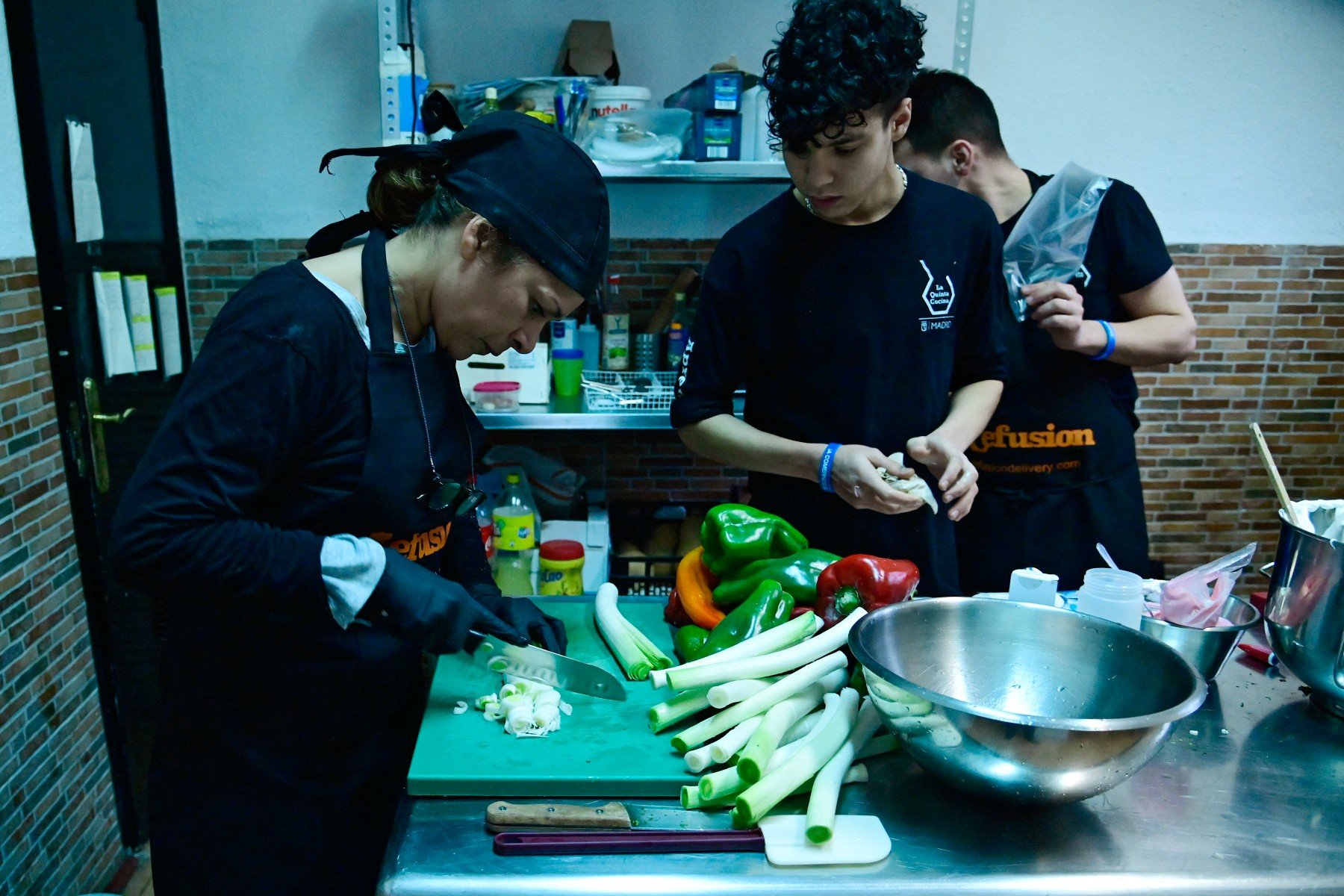Shorouk Express 
New figures have revealed that the number of arraigo permits, a type of residency permit given out to formerly undocumented immigrants in Spain, has increased by 500 percent in just a decade.
In 2013 there were just 43,858 foreigners with one of Spain’s four types of arraigo (social, educational, labour and family) but by 2023 that figure had increased to 239,084, according to the latest data from the Ministry of Inclusion, Social Security and Migration.
This was the headline figure highlighted by Minister of Inclusion, Social Security and Migration Elma Saiz, in the presentation of a report of the Strategic Framework for Citizenship and Inclusion against Racism and Xenophobia 2023-2027.
Spanish residency can be awarded to non-EU foreigners who have even arrived or lived illegally in the country for providing evidence of social integration and making roots in the country. This is known as permiso de residencia por arraigo in Spanish.
READ ALSO: Arraigo – How foreigners can get residency in Spain after overstaying
Furthermore, in the space of a year, processing times for the arraigo procedure were reduced by 35 percent. This follows further changes by the government to cut the time period necessary to receive an arraigo. The required time in Spain used to be three years, but the government recently reduced it to two years, a modification will come into force on May 20th 2025.
READ ALSO: How many Brits live legally in Spain and how many are ‘under the radar’?
Spain is now home to seven million foreign residents, equal to 14 percent of the population.
However, despite the growing foreign population and streamlining of residency processes, many still live with social divides compared to native Spaniards. Though Saiz stated that the growth was positive, she also recognised that there are still several “persistent challenges” for Spain’s foreign population.
The difference in salary, for example, is €10,000 per year on average. There’s also a 20 percent difference in school dropout rates and homelessness affects migrants 7.5 times more than Spaniards.
Advertisement
The arraigo is applicable to all those who have been living without the proper residency documents in Spain for two years or more. It is one of the easiest ways to legalise migration status without facing harsh consequences of overstaying or having to leave Spain and re-enter again on a different visa.
In order to get one, you must have a genuine connection to Spain. This could be either socially, economically or through familial ties. You must have proof of this such as a job contract, library card, membership to an organisation here, birth certificates of family members, and so on.
The main requirements are that you must have been in the country for a period of at least two years and can’t have left the country for more than 120 days in that period.
READ ALSO: Spain debates blanket legalisation of its 500,000 undocumented migrants













